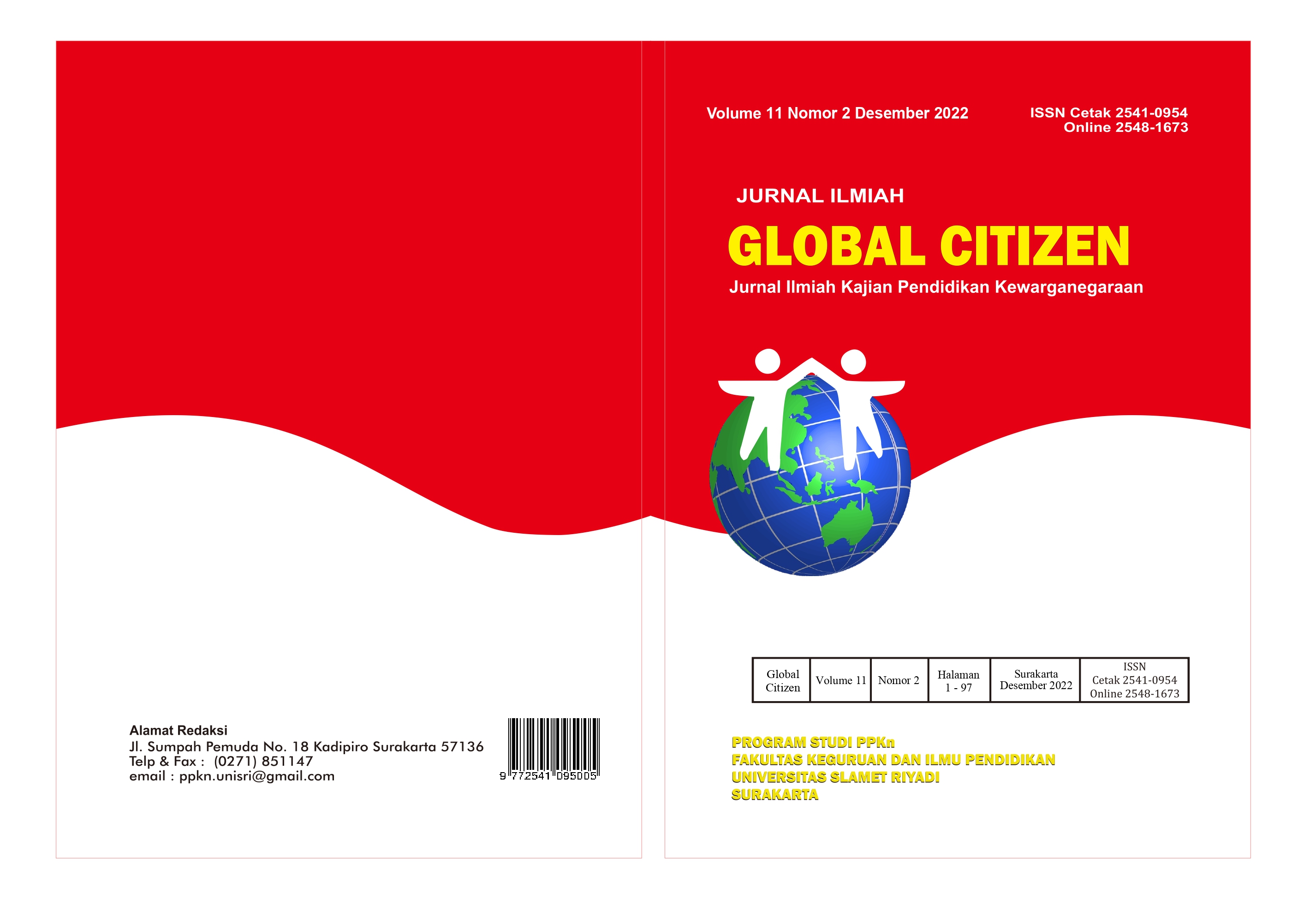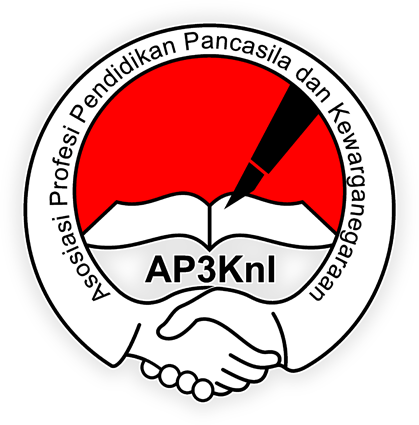PENGARUH PEMANFAATAN MEDIA PEMBELAJARAN DARING TERHADAP SIKAP DIGITAL CITIZENSHIP PESERTA DIDIK PADA MATA PELAJARAN PPKN
DOI:
https://doi.org/10.33061/jgz.v11i2.6752Abstract
The country of Indonesia is currently undergoing rapid changes, namely the Covid-19 virus. The changes that occur are certainly very influential on the order of life, especially technology among the world of education. The educational environment has changed, where previously the learning process was carried out face-to-face, but now uses online learning media. Schools are one of the main factors in shaping the character of students, so that they can support the good use of technology, which is called digital citizenship. But in reality today, the reason is partly the lack of bad attitudes in the use of technology by students. The problem that will be discussed in this study is how the influence of online learning media in strengthening the Digital Citizenship attitude of students in Civics subjects. The research method used is a descriptive method with a quantitative approach. The data collection technique used the main technique, namely a questionnaire. The data analysis tool in this study uses SPSS version 20. Based on the results of the research conducted, it shows that there is an influence of online learning media in strengthening students' digital citizenship attitudes in Civics subjects with a large percentage of the effect, which is 56,5%.
Keywords: Online Learning Media, Digital Citizenship, and Students

Downloads
Published
How to Cite
Issue
Section
License
Copyright (c) 2022 amallia noviani, Muhammad Mona Adha, Rohman Rohma

This work is licensed under a Creative Commons Attribution-NonCommercial 4.0 International License.
Authors who publish this journal agree to the following terms:
- Authors retain copyright and grant the journal right of first publication with the work simultaneously licensed under a Creative Commons Attribution License that allows others to share the work with an acknowledgement of the work's authorship and initial publication in this journal.
- Authors can separately make additional contractual arrangements for non-exclusive distribution published by the journal (e.g., publish it in a book), with an acknowledgement of its initial publication in this journal.
- Authors are allowed and encouraged to send their work via online (e.g., in the institutional repositories or their website) after published by the journal.















